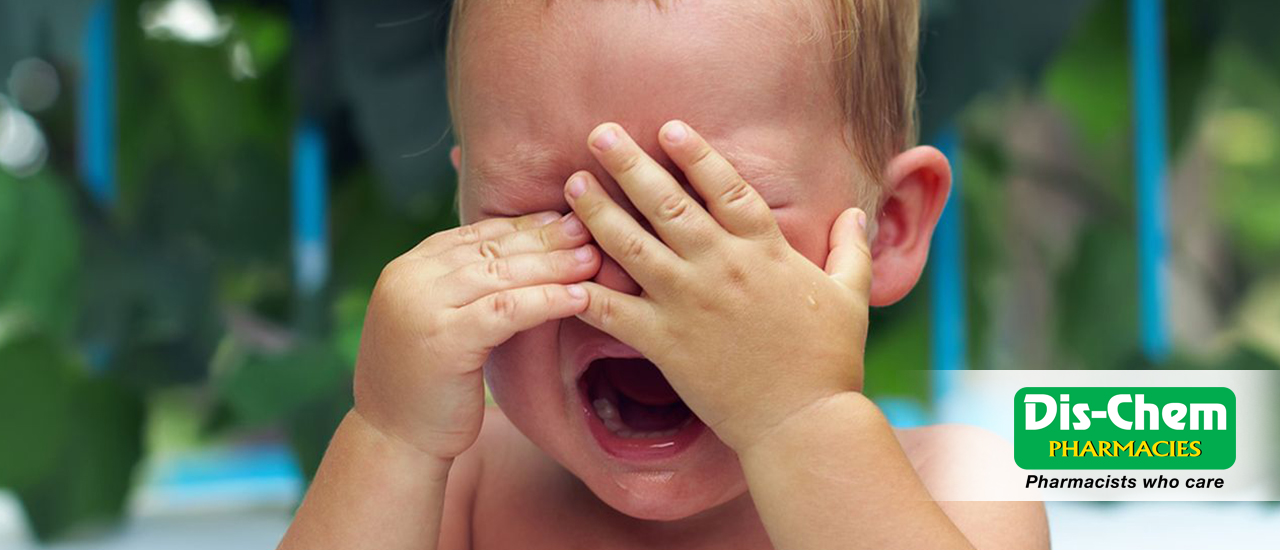We live on a sun-drenched continent – we’re are the lucky ones! But time spent outdoors increases your risk of developing skin cancer, especially if you don’t protect yourself from the sun. The good news is, you can reduce your risk of skin cancer simply by being sun savvy and aware of the condition.
What is skin cancer?
Like all cancers, skin cancer is the abnormal growth of cells in the body. Skin cancer cells are usually formed when skin is exposed excessively to the sun or bright sources of light, like tanning beds. The 3 main types of skin cancer are:
- basal cell carcinoma
- melanoma
- squamous cell carcinoma
The most deadly of the three is malignant melanoma – as this spreads rapidly through the body. Again, as with most other cancers, skin cancer can be treated successfully and cured if it’s detected early. This means having annual mole scans if you’re high risk, and knowing what changes to look out for on your body.
How to spot skin cancer
Skin cancer usually develops in areas that are often exposed to direct sunlight, like the face, scalp, neck, chest, legs and arms, but this doesn’t mean it can’t appear elsewhere.
Basal cell carcinomas appear as either a pearly white bump on the skin or a brown, scar-like lesion.
Squamous cell carcinomas appear as either a red nodule or a flat lesion.
Melanoma can develop anywhere on the body, regardless of exposure to sunlight – which is why it’s important to carefully inspect all parts of your body. Melanomas may appear as a brown spot with dark speckles; a bleeding mole (or a mole that has grown in size), a lesion with an irregular border (not circular) or a dark lesion.
Check your skin
The best time to look out for these signs is when you’re in the shower or getting dressed. If you’re fair skinned or have a lot of moles, you should write down how many moles you have and keep note if any new ones develop. Another alternative is to go for skin mapping – it’s a bit more expensive but it’s worth it. Speak to your doctor dermatologist to find out more about it and where you can have it done.
The best the best thing you can do to help prevent skin cancer is to wear sunscreen daily, cover up when you’re outdoors for long periods of time, and to check your body regularly for any changes to your skin or existing moles.
Be sun savvy this summer!



